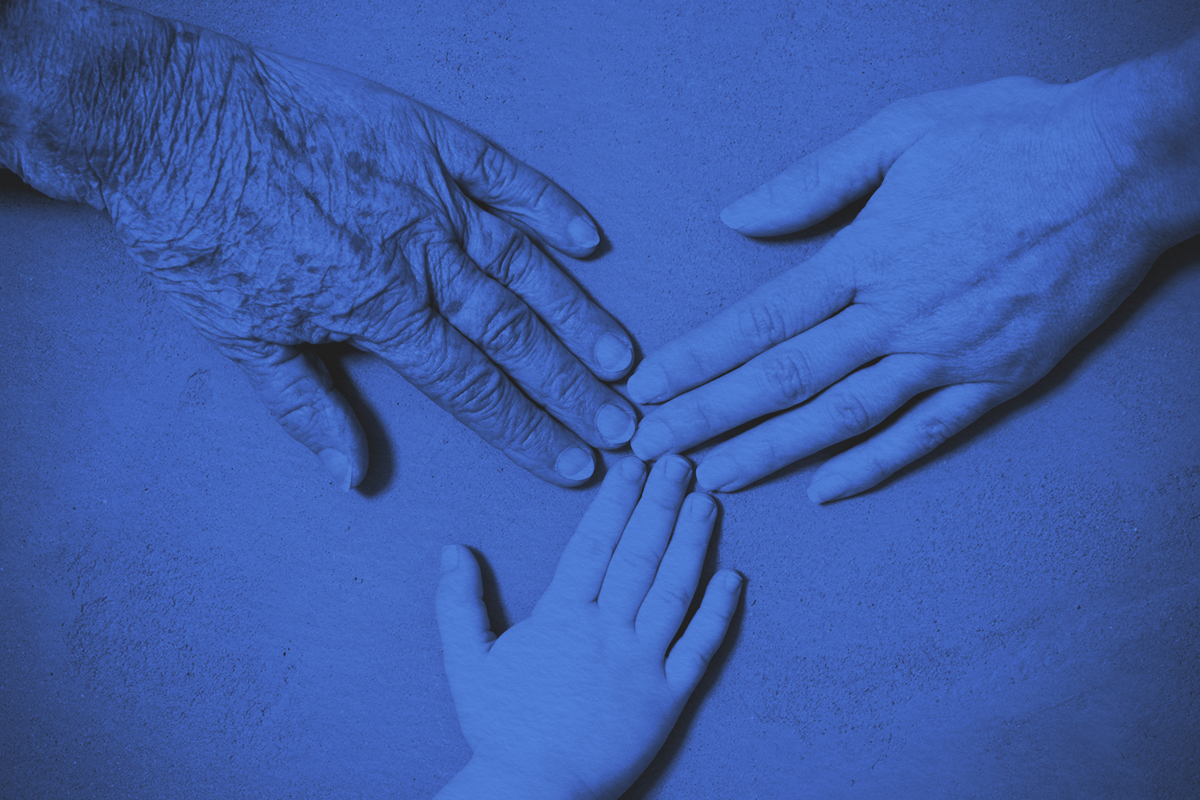What's the difference between sympathy and empathy? | | These similar-sounding and commonly confused words have two different meanings. Sympathy says, "I know how you feel," while empathy says, "I feel how you feel." | |  | Rachel Gresh |
|
| |  | | I t's not uncommon for English words to be confused or misused. But as literary heavyweight Mark Twain explained, choosing the right word is crucial: "The difference between the almost right word and the right word is really a large matter — it's the difference between the lightning bug and the lightning." The meanings of "sympathy" and "empathy" fit Twain's metaphor similarly. In both cases, the latter term carries more weight.
Both "sympathy" and "empathy" refer to a response to someone else's emotional state, but the ways of relating are different. "Sympathy" means you're concerned for someone, while "empathy" means being concerned with them. It involves actively sharing in someone's emotions. However, the dictionary definitions of the two are similar.
According to Merriam-Webster, "sympathy" has several definitions, but the one causing confusion with empathy is this: "The act or capacity of entering into or sharing the feelings or interests of another." The definition of "empathy" is similar, albeit kicked up a notch: "The action of understanding, being aware of, being sensitive to, and vicariously experiencing the feelings, thoughts, and experience of another." The key difference between the two is the vicarious nature of "empathy." However, this nuanced relationship is understandably confusing and has been for centuries.
"Sympathy" is the older of the duo. It appeared in English in the late 16th century, derived from the Greek "sympatheia," meaning "fellow-feeling" or "community of feeling." The roots of "sympathy" (syn and pathos) aptly mean "together feeling." Between the 16th and 20th centuries, "sympathy" meant what "empathy" means today, but was ultimately replaced by its lexical competitor, "empathy."
The term "empathy" emerged in the early 20th century, modeled after the German term Einfühlung (from ein, for "in," and Fühlung, meaning "feeling"). It was created by German philosopher Rudolf Lotze as a translation of the Greek term empatheia, meaning "passion" or "state of emotion." The roots em and pathos mean "in feeling." At first, "empathy" was used in a scholarly fashion in fields such as philosophy and psychology, and while it still retains those technical uses, it also has evolved. By the mid-20th century, it replaced "sympathy" as the ultimate display of commiseration and compassion. |
| | Continue reading | |  |
| |
Emoji Decoded | |  | | White Heavy Check Mark | | | Meaning: Depicts a bold, white checkmark on a green background, typically used to indicate completion, correctness, or approval.
Evolution: The ✅ emoji is commonly used to show agreement, confirm plans, or indicate that something meets standards. In social media, folks sometimes use it to mimic official verification badges.
Usage: [Text to a friend confirming plans:] i'm in for movie night! ✅🍿 |
|
 | | White Heavy Check Mark | | | Meaning: Depicts a bold, white checkmark on a green background, typically used to indicate completion, correctness, or approval.
Evolution: The ✅ emoji is commonly used to show agreement, confirm plans, or indicate that something meets standards. In social media, folks sometimes use it to mimic official verification badges.
Usage: [Text to a friend confirming plans:] i'm in for movie night! ✅🍿 |
|
| |
Have you read? | |  | | What If We Get It Right? | | By Ayana Elizabeth Johnson | | "Despite the fact that her job exposes her to some of the world's worst environmental catastrophes, Johnson is also hungry for optimism, specifically, for proof that by working together people can mitigate the effects of climate change and undo the damage we've so carelessly caused. … Johnson leads us through the material with a witty, brainy frankness that renders this often dense, potentially depressing material into an exuberantly hopeful read." | | | | Kirkus review | | | | We independently evaluate all recommended products and services. If you click on links we provide, we may receive compensation. |
|
 | | What If We Get It Right? | | By Ayana Elizabeth Johnson | | "Despite the fact that her job exposes her to some of the world's worst environmental catastrophes, Johnson is also hungry for optimism, specifically, for proof that by working together people can mitigate the effects of climate change and undo the damage we've so carelessly caused. … Johnson leads us through the material with a witty, brainy frankness that renders this often dense, potentially depressing material into an exuberantly hopeful read." | | | | Kirkus review | | | | We independently evaluate all recommended products and services. If you click on links we provide, we may receive compensation. |
|
| |
You might also like | |  | | | | Who Comes Up With Generation Names? | | We've got the Silent Generation to Gen Alpha, but these terms didn't come out of thin air. Let's take a look at how they were adopted to be used as global shorthand for everyone born within certain years. |
| | | |
|

No comments:
Post a Comment